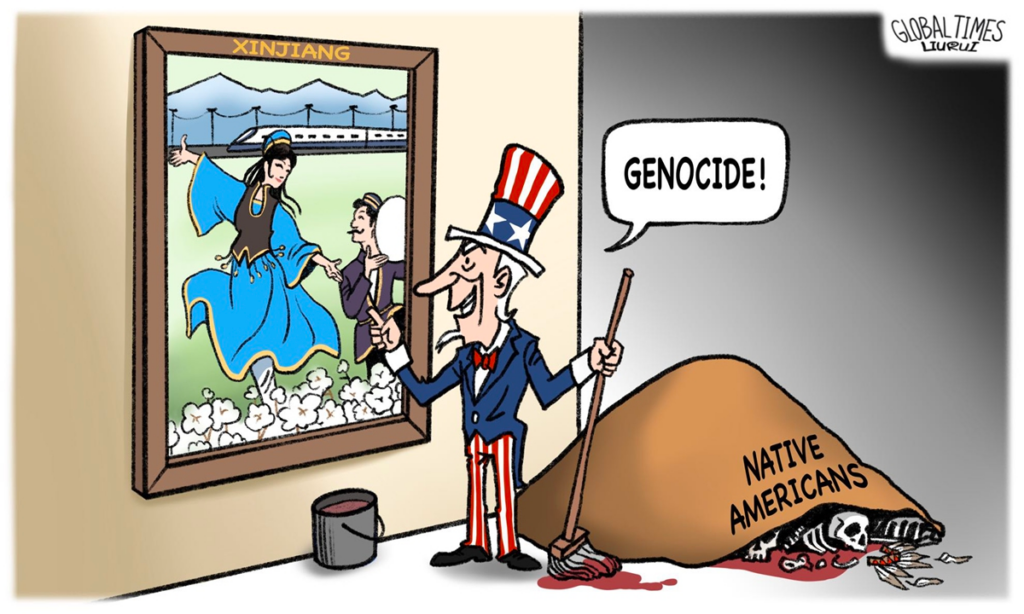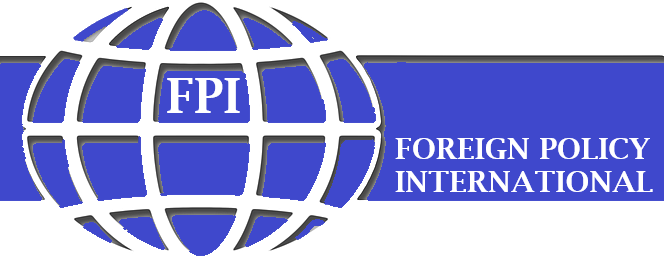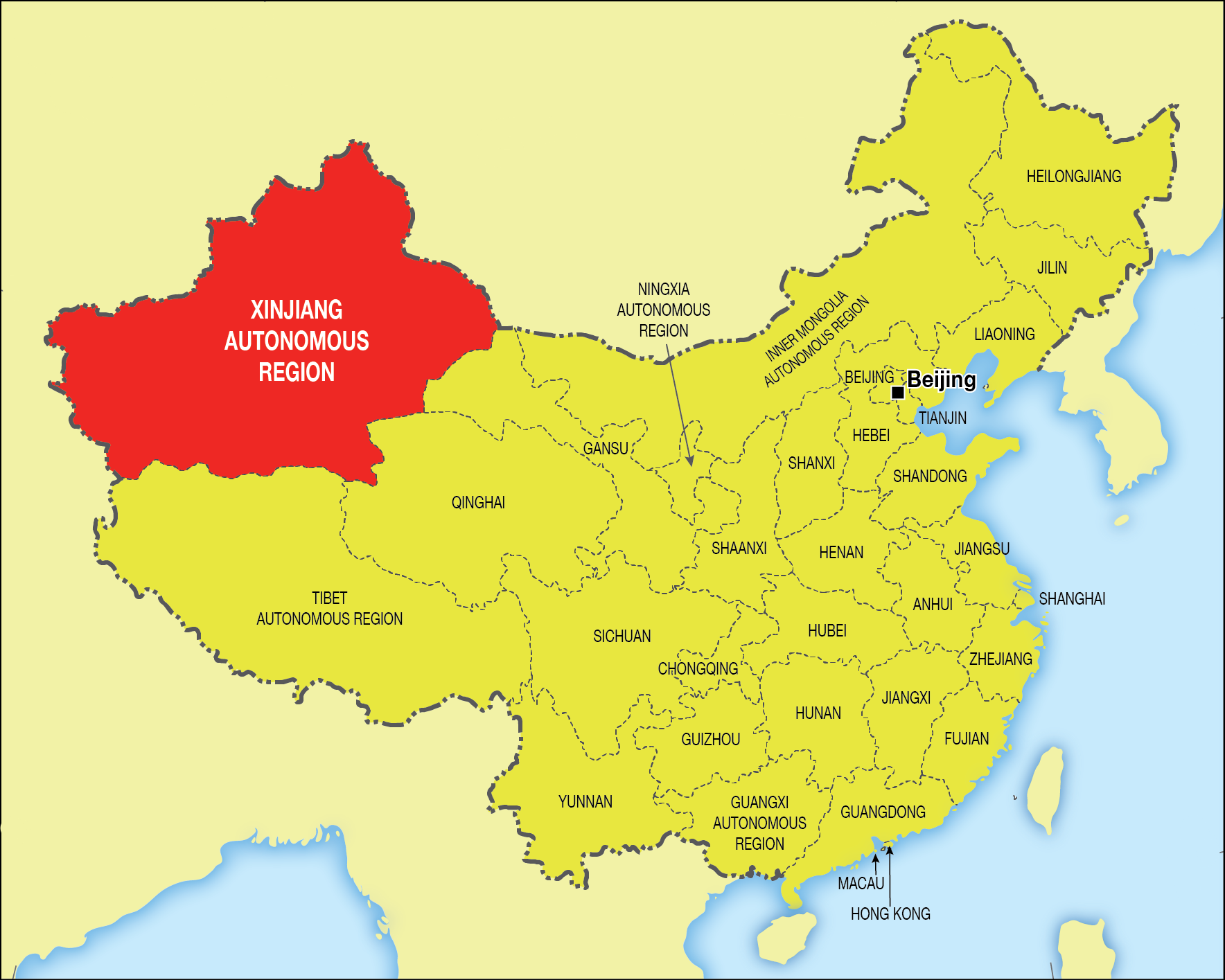Die Global Times die führende China- Zeitung, bezogen auf globale Themen. Global Times schreibt das, was Chinas Außenministerium so direkt nicht sagen kann – oder sagen will.
FPI bringt diese Global- Times- Artikel im englischen Original, um Übersetzungs- Verfälschungen zu vermeiden.
In deutschen und österreichischen Intellektuell-innen- Kreisen, sowie bei Politiker-innen und Journalist-innen gilt das „Macht- Wort des deutschen Kanzlers“ als das zweit- mächtigste der Welt (nach dem Macht- Wort des US- Präsidenten).
Zu Merkels Zeiten wurde suggeriert, Putin werde nur durch das Macht- Wort der deutschen Kanzlerin bezüglich der Ukraine im Zaum gehalten.
Die Journalist-innen der Deutschen Welle (DW), die diesen kritischen Dialog forderten, sind genau in diesem Denken.
Das Machtwort des deutschen Kanzlers wird angemahnt, der die China- Führung in die Schranken weisen soll (China hat 17 mal mehr Einwohner – Deutschland 83 Mio zu China 1445 Mio), ist aber, in den Augen deutscher Journalist-innen, dem Macht- Wort des deutschen Kanzlers hilflos ausgeliefert.
Auch die EU wird von diesen Journalist-innen als über- mächtig (bezogen auf China) gesehen. Die EU (447 Mio Einwohner) ist zwar kleiner, aber auch hier gilt: China zittert vor dem „Macht- Wort der EU- Kommissions- Präsidentin“.
Mythen, die zu einem Glaubens- Dogma in Europas Intellektuell-innen- Kreisen geworden sind, und bei Politiker-innen und (vor allem) Journalist-innen tief verankert sind.
De Facto ist Europa mit den USA zusammen, in einem Größenwahn, den EU- Journalist-innen, als Glaubens- Gemeinschaft (Scientology ist nichts dagegen) in Dauer- Darstellung dem Euro- Volk darbringen.
Hier herrscht von Seiten der Euro- Journalist-innen eine Realitätsverweigerung, die man schon als Geistesgestörtheit klassifizieren darf.
Der Artikel hat diesen Schlussatz: We would also like to remind that a condescending posture is dangerous, because the farther you are from the ground, the harder you may fall.
Der Artikel:
Is it arrogance or inferiority to engage in ‘critical dialogue’ with China?: Global Times editorial
The Chinese-language website of Deutsche Welle on Tuesday published a commentary entitled „Maintaining critical dialogue with China is more important than ever.“ The article is filled with clichés about so-called „human rights issues in Xinjiang,“ which are not worth reading. But the phrase „critical dialogue“ in the headline is intriguing. It is in fact the main attitude of the US and other Western countries in communicating with non-Western nations in recent years.
This is, in most cases, an unconscious revelation of American and Western elites‘ inner feeling of superiority. But now they put it forward consciously and promote it as an „effective way“ to deal with China. This cannot be explained simply by „pride and prejudice.“ They did not articulate it in the past, but Western countries have been practicing and enhancing the so-called critical dialogue with China. It has become an approach or even a weapon in the West’s strategic game with China. In other words, they are trying to „lecture“ China under the cover of „dialogue.“
In global interactions, disagreements are common. It is also normal to express different views or even criticize without mincing words. However, equal dialogue cannot be based on the premise that some values are superior to others. It also cannot be only one party lecturing or accusing the other. The US and the West’s „critical dialogue“ is condescending, and the implied logic is that only they have the ability, qualification and power to determine right and wrong. This means that one party already claimed the moral high ground before the „dialogue“ even begins, which dwarfs the development level and moral image of other countries.
Colonialism has long been discarded as something despicable, but Western-centric power structures and mentality have not disappeared completely. Colonialism has been subtly transplanted into various aspects, lurking in Western political language and communication methods. Some elites in the US and the West, with a strong sense of superiority on civilization, regard non-Western countries as candidates waiting for their „approval.“ With ideological pointers in their hands, they took to the podium to oversee exams, judge papers, and then grade them based on the „performance“ of these countries to determine whether they passed the exam. As for the standard of scoring, it is drawn by the US and the West according to their own historical and social formations, and „Western-centrism“ is the only correct answer in all the exams.
In their eyes, only the West is right, civilized and advanced, while those who differ from them are branded as „evil,“ barbaric and backward. They forcibly create a dichotomy between „civilization“ and „barbarism.“ On this fictional premise, they attach moral labels on different practices of other countries, trying to dwarf them in image so that they can „attack others from a high position“ as they wish. It is for this reason they recklessly fabricate the lie of „genocide“ in Xinjiang, audaciously call for „punishing China“ by various means, and frantically threaten to bomb China „back into the Stone Age.“
Sometimes, arrogance is a kind of overbearingness; sometimes, it is also a kind of deep inferiority. In the face of the rise of emerging market countries, including China, and their own troubles, the US and other Western countries are becoming increasingly overwhelmed. Faced with the narrowing gap between them and emerging market countries, they have to rely on slogans of „human rights“ and „democracy“ to maintain their „absolute advantage.“ The reason why they are so sensitive to their position in the dialogue is that they are aware of the disappearance of the absolute advantage they used to have. As a result, they have to deliberately highlight their discourse power to maintain the obsolete power structure behind it, which has become a subconscious reaction.
Even in the fields of human rights and democracy, the US and the West are increasingly lagging behind, relying only on slogans, posturing and fist-pumping to show their „self-esteem,“ which is actually laughable to the rest of the world. The West’s self-confidence is collapsing, as the democratization of international relations is increasingly popular and as developing countries‘ awareness of their rights is strengthening. Today, if someone still wants to engage in colonialism and ideological hegemony, or even imagines leading other countries by the nose like livestock, no country with national pride and a sense of independence will obey.
Returning to the „critical dialogue,“ China has never been afraid of criticism, but firmly opposes hegemony. Times have changed, and US and Western elites should learn to be equal and respectful. Dialogue is necessary, and we welcome „constructive dialogue,“ but we reject „critical dialogue.“ We would also like to remind that a condescending posture is dangerous, because the farther you are from the ground, the harder you may fall.
+++ +++ +++

West falls into shameless narcissism over Xinjiang
Some so-called human rights organizations controlled by the West have recently launched a violent attack on the UN High Commissioner for Human Rights Michelle Bachelet. German pseudo-scholar Adrian Zenz, who has long distorted the situation in China’s Xinjiang, even called on Bachelet to resign. Bachelet did not publicly criticize the Chinese government as those human rights organizations wished. Instead, she said she had wide interactions with local officials and residents in Xinjiang and expressed concerns about whether China’s counter-terrorism policies in Xinjiang meet international human rights standards, but did not criticize it.
Bachelet has emphasized many times that her visit to Xinjiang was not an investigation, but an opportunity to better understand China’s situation and let the Chinese government know their concerns better.
I believe that any Western human rights official who does not fully take a side will not reach the extreme conclusions of Western human rights organizations. Over recent years, China has made brilliant achievements in the basic areas of human rights, including improving people’s living standards, protecting the rights of women and children, promoting the development of ethnic minority areas, and implementing national healthcare and pension systems. China has in fact completely rewritten its human rights situation, and whoever visits China can see this. Unless speaking against their own conscience, it is impossible for the UN high commissioner for human rights to follow the tone of these „human rights organizations“ and accuse China.
Xinjiang was once plagued by terrorist activities. The need to rebuild peace and stability in the region is understandable to anyone without prejudice. I believe that when Bachelet arrived in Xinjiang, what she actually saw and heard are also very different from what the Western media has been propagating.
Bachelet made it clear that her communication with local people in Xinjiang during her visit was independent and was not unsupervised. She should have seen and felt that the peace and tranquility of Xinjiang today is generally welcomed by the local people of all ethnic groups.
Western political and public opinion elites think that they are the only ones who care most about the human rights of Xinjiang Uygurs. They have really fallen into a shameless moral narcissism. It is the Chinese government that cares the most about Uygurs‘ well-being, ensuring they live well and that their basic rights are protected the same way as other ethnic groups are. This is the responsibility of the Chinese government, as well as the foundation of long-term stability in Xinjiang, not to mention the basic morality of humanitarianism.
Just look at the human rights record in the West, especially in the US. The US has brutally pursued social Darwinism in handling the COVID-19 pandemic, completely accepting mass deaths amongst low-income people and minorities. Gun violence in the US continues to spread, and US leaders have not taken any truly effective measures except expressing some mourning words and doing on-the-spot condolences.
At the same time, Washington pays such high attention to human rights in Xinjiang, including those human rights organizations headquartered in the West. We have never seen them so excitedly condemn those human rights tragedies in the West, yet they have attacked Xinjiang’s human rights policies so vigorously. Aren’t they hypocritical? Haven’t they done it for geopolitical reasons?
The Chinese government governs a super-large society of 1.4 billion people, and serving the people is the fundamental purpose of the Communist Party of China. We will manage Xinjiang well. We really don’t need Western politicians and human rights organizations to pretend to care about human rights in Xinjiang.
To make Bachelet’s visit possible, China and the UN Commission for Human Rights have repeatedly conducted communication, and the final visit was carried out, which shows that the two sides have reached an important consensus. This visit will definitely impose a positive effect on promoting exchanges between the two sides.
To be honest, Bachelet’s public briefing on the visit contained many words that China do not want to hear. For example, she expressed her doubts and concerns about the widespread implementation of anti-terrorism and deradicalization measures, especially the lack of independent judicial supervision of the operation plan of vocational education and training centers. All of this imply the distorted tone of Western public opinion on Xinjiang affairs. However, the Chinese side did not raise the issue with Bachelet and has always respected her.
The US State Department declared Bachelet’s visit as a „mistake“ before she even traveled to China, claiming that she would not be granted access to so-called sensitive areas. The UK and other US allies put pressure on Bachelet at the same time, and they also coordinated the release of materials exposing so-called suppression in Xinjiang. All of these acts were aimed at influencing Bachelet and forcing her to write a human rights report that would help the US strategically suppress China.
However, the report released by the UN Commission for Human Rights fell far short of the hopes of Washington and London, so those human rights groups have come forward and attacked Bachelet very fiercely, claiming that she had fallen into Chinese government’s propaganda. They really don’t have the slightest respect for the UN Commission for Human Rights. They just want to use it as a tool, and if the tool deviates in any way, they will mobilize the public opinion machine to criticize it.
However, facts are always stronger than lies. The US cannot change the situation of Xinjiang. It can never create a false „fact“ of Xinjiang, and make the world follow and declare it is true.

